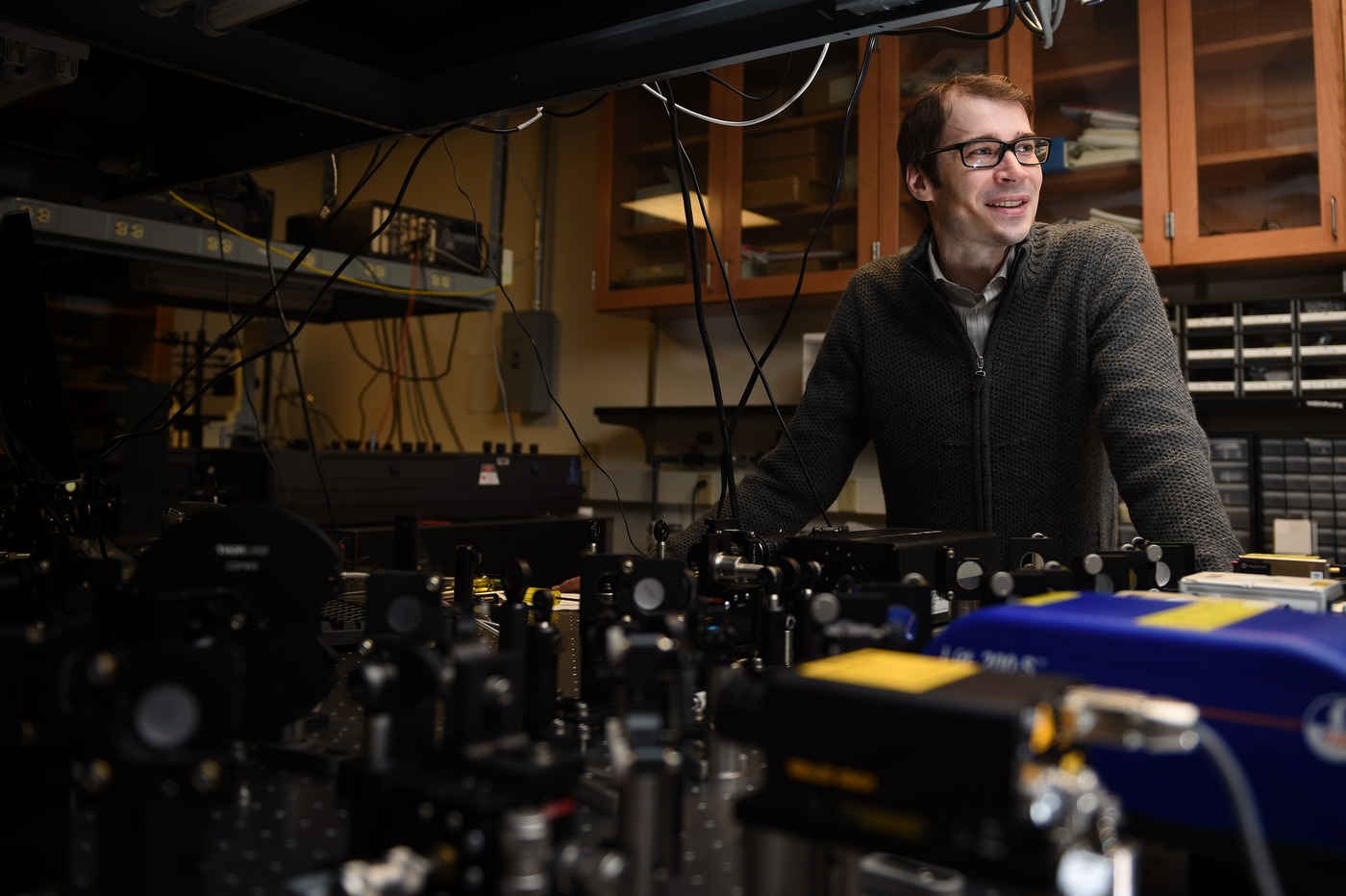The Spring Lab at Northeastern University and Cellaria of Wakefield, MA were awarded a National Institutes of Health (NIH) R01 grant to extend and advance the application of innovative new photomedicine-based therapies for hard-to-treat cancers. The grant provides $3.2M funding to develop precision therapeutics closely tailored to the requirements of specific patient populations. The Spring Lab uses Cellaria’s next generation, patient-derived, customized cell models that boost the effectiveness of in vitro studies.
“We’ve demonstrated proof of concept and seen significant interest from clinicians,” said Dr Bryan Spring, Assistant Professor of Physics. “However, we initially targeted just a single ovarian cancer biomarker. To capture the heterogeneity of the disease and efficiently study multiple biomarkers we needed to upgrade our cell models. Developing new models in-house would have taken years and instead we chose to partner with Cellaria. This has really accelerated progress by providing rapid access to rigorously characterized cell models for specific molecular subtypes and patient populations.”
Dr Spring’s research focuses on the use of antibody-photosensitizer conjugates to make cancer cells susceptible to light-induced destruction, targeting microscopic cancer cell deposits left behind by conventional therapies. Primary areas of application are pancreatic and ovarian cancer. With these cancers, cells left behind by surgery and other conventional therapies can metastasize in the peritoneal cavity and abdomen, attacking other organs and increasing the severity of the disease. The new NIH research grant is entitled “Multiplexed and dynamically targeted photoimmunotherapy of heterogeneous, chemoresistant micrometastases guided by online in vivo optical imaging of cell-surface biomarkers”.
Cellaria’s cell models help the researchers in Dr. Spring’s lab to determine which biomarkers are most actionable when it comes to targeting drug resistant cells and applying photomedicine. These cell models robustly represent the full heterogeneity of the cancers, which is essential for the development of precision therapies.

